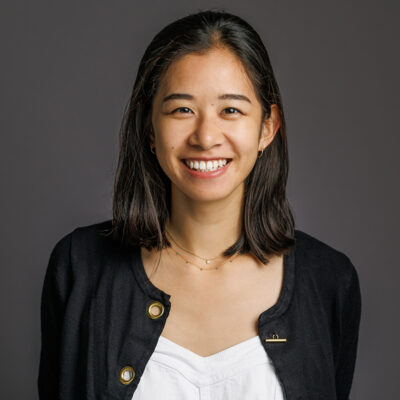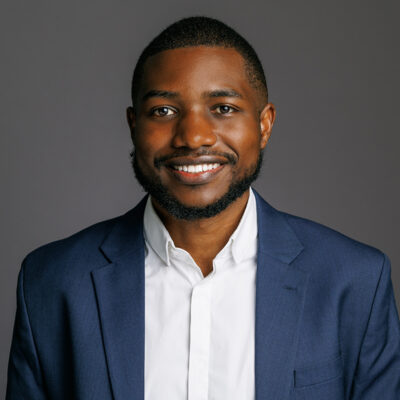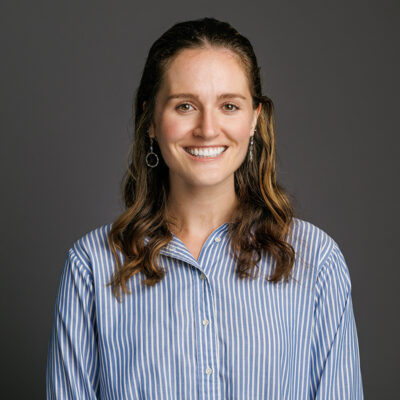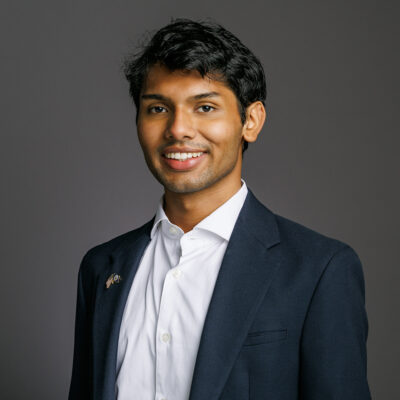Hear from our graduate students about what being a part of the Jackson community means to them.
Tiff Jiang

Tiff Jiang is a second-year M.P.P. student at the Jackson School of Global Affairs focused on global health policy. To her, the field is an exciting opportunity to understand a society’s history, culture, and economics to influence health outcomes–understanding health as inextricable from financial stability, education, safety, and equity. Before coming to Yale, Tiff worked at Palladium International, an implementer for the United States Agency for International Development (USAID), for three years. There, she developed a health and workforce program for women in the Philippines, supported a Kenyan team to provide technical health financing assistance to the government, and wrote for several critical business proposals. Separately, Tiff also created the business plan for a medical device startup and published a paper on the key business elements for launching a device in low-and-middle income countries. Her strengths lie in creative thinking and building relationships across cultures to develop customized solutions for each context, developed over time working in Uganda, Vietnam, South Africa, Argentina, and the Philippines.
Read Full BioWith the summer stipend, I also had so much freedom to really target where I wanted to work for the summer. I could prioritize my interests and negotiate what kind of work I wanted to do in a way that was far easier than searching for applications and hoping that one would pan out.
Didace Irafasha

Didace Bienvenu Irafasha is an M.P.P. candidate from Rwanda at the Yale Jackson School of Global Affairs. Prior to joining Yale, Didace worked as a trainee in the United Nations system, namely the United Nations Development Programme (UNDP), the International Fund for Agricultural Development (IFAD), and the Permanent Mission of Rwanda to the United Nations. He worked on a range of international development topics, including analyzing sustainable procurement policies at UNDP, researching the financing of youth employment and green-skills development in developing countries while at IFAD, as well as reporting on Rwanda’s Nationally Determined Contributions (NDCs) and blended finance policies for climate change adaptation and mitigation.
In addition to his interest in international development, Didace also led the education and partnerships departments at an ed-tech startup in Tunisia to help students from the MENA region access world-class higher education opportunities.
Read Full BioAllison Holland

Allison Holland is an M.P.P. student at the Jackson School of Global Affairs focusing on the relationship between food insecurity and water scarcity, and its impact on global conflict, the environment, and women’s development. Before coming to Yale, Allison spent three years working in the federal marketplace at the Centers for Medicare & Medicaid Services (CMS). At CMS, she helped operationalize health care provisions of major legislation and served as her team’s lead specialist in the federal-private “Direct Enrollment” program that has expanded coverage to millions of historically underrepresented and hard to reach populations. Previously, Allison served as a Peace Corps Volunteer in Benin, West Africa, where she initiated a food security and sustainable agriculture program in her village. During her service, she worked closely with women-run businesses and provided financial literacy, community gardening, and nutrition trainings. Prior to Peace Corps, she spent time on a Wisconsin farm studying hydroponics and aquaculture as sustainable agriculture practices and assisting in the restoration of retired agriculture fields.
Read Full BioMushfequr Rahman

Hailing from McKinney, Texas, Mushfequr Rahman is an MPP candidate at the Jackson School of Global Affairs. Before Jackson, Mushfequr was the recruitment & engagement specialist for CitySquare AmeriCorps, one of the largest programs in North Texas, and an English teaching assistant at a primary school in Madrid, Spain. He graduated magna cum laude from Southern Methodist University in Dallas as a President’s Scholar with majors in international studies and health & society and minors in Spanish and biological science. At SMU, he led multiple organizations alongside faculty, staff, and peers, researched cultural competence in public health programming, and received the M Award, the highest student honor at SMU. His interests in community building led him to intern at the State Department (first at the Foreign Service Institute and later with the Diplomat in Residence of Texas), serve as a CitySquare AmeriCorps member with the Vickery Meadow Youth Development Foundation, and learn Urdu in Lucknow, India on a Critical Language Scholarship. He speaks Spanish, Arabic, Bangla, Urdu, and French. As a U.S. State Department Rangel Fellow, Mushfequr aspires to expand diversity and inclusion in U.S. foreign affairs through cultural and community programming.
Read Full Bio